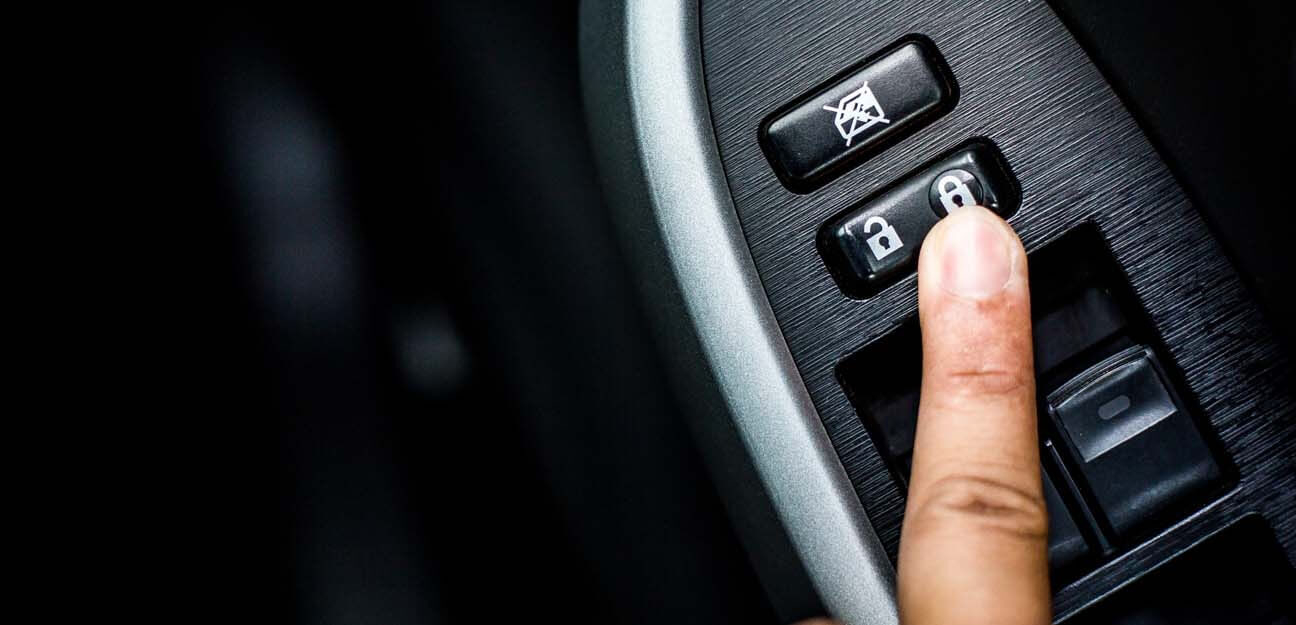Car door locks are essential to vehicle security, protecting against theft and unauthorized entry. However, car door locks are subject to wear and tear over time like any mechanical part.
Understanding the factors contributing to car door lock degradation can help vehicle owners take proactive measures to maintain their functionality and security. In this article, we explore why car door locks wear over time and what can be done to mitigate these effects.
Why Car Door Locks Wear Over Time
Here are a few reasons why car door locks degrade over time.
· Frequency of Use
One of the primary reasons car door locks wear over time is simply due to their frequent use. Every time you unlock or lock your vehicle, the internal components of the door lock undergo stress and friction.
Over an extended period, this repetitive motion can cause components such as springs, pins, and tumblers to wear out or become misaligned, leading to decreased functionality.
· Environmental Factors
Environmental conditions can also contribute to the degradation of car door locks. Exposure to moisture, extreme temperatures, road salt, and airborne contaminants can accelerate corrosion and rust formation on the exterior and interior components of the lock mechanism.
Corrosion can weaken the lock’s structural integrity and inhibit smooth operation, leading to stiffness or difficulty turning the key. In such cases, you will need an emergency locksmith service to replace the car door lock.
· Quality of Materials
The quality of materials used in manufacturing car door locks plays a significant role in their longevity. Lower-quality materials or components may be more prone to premature wear and failure.
For example, plastic components within the lock mechanism may degrade over time due to exposure to UV radiation and temperature fluctuations, leading to mechanical issues.
· Improper Maintenance
Neglecting proper maintenance can exacerbate wear and tear on car door locks. Failure to lubricate the lock mechanism regularly can increase friction and premature wear of moving parts.
Additionally, using harsh chemicals or abrasive cleaners on the lock’s exterior can damage the finish and accelerate corrosion.
· Age of the Vehicle
As vehicles age, their mechanical components, including door locks, naturally degrade due to normal wear and tear. Rubber seals and gaskets around the door frame may deteriorate over time, allowing moisture and debris to infiltrate the door cavity and affect the lock mechanism.
Aging wiring and electrical connections in power door lock systems can also contribute to reliability issues.
· Excessive Force or Misuse
Applying excessive force or using the wrong key when operating the car door lock can damage the internal components. Attempting to force a frozen lock or using a bent or worn key can bend or break key pins, tumblers, or the key itself, resulting in lock malfunctions.
Mitigating the Effects of Wear and Tear
Here are a few ways to mitigate wear and tear effects on car door locks.
· Regular Maintenance
Implement a routine maintenance schedule for your vehicle, including lubricating the door lock mechanism with a suitable lubricant recommended by the manufacturer.
· Protective Measures
Consider using a silicone-based lubricant or corrosion inhibitor on the exterior components of the door lock to protect against rust and corrosion.
· Gentle Operation
Handle car door locks carefully and avoid applying excessive force when inserting or turning the key.
· Prompt Repairs
Address any issues with door locks promptly to prevent further damage and ensure proper functionality.
· Upgrade to High-Quality Components
When replacing worn or damaged door locks, opt for high-quality aftermarket or OEM (original equipment manufacturer) parts to ensure longevity and reliability. Also, hire a well-trained and professional auto locksmith for the repair job.
Final Words
Understanding the factors contributing to the wear and tear of car door locks is essential for maintaining your vehicle’s security and functionality. By implementing proper maintenance practices and addressing issues promptly, vehicle owners can prolong the lifespan of their car door locks and enjoy peace of mind knowing their vehicle is secure.








Leave feedback about this